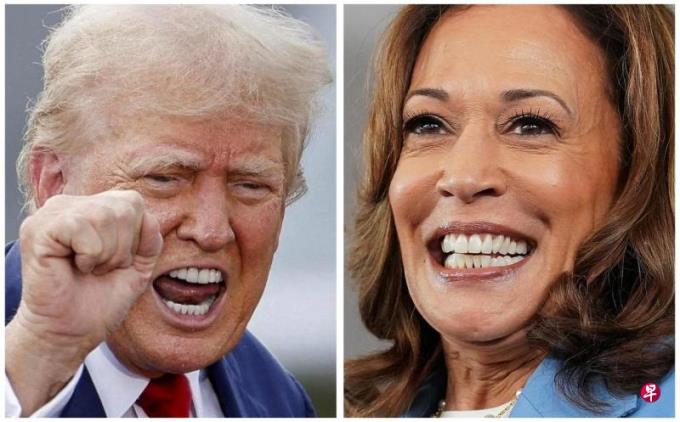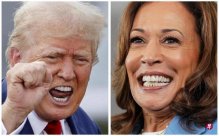
In the campaign program of the US Republican presidential candidate Trump, the "protecting American workers and farmers' infringement of unfair trade" is proposed to the import of the most beneficial benefits and the import of stages of the most favorable country for China.
If you want to learn more about Trump's policy on China, you can refer to the proposal published by the Institute of Priority Policy (AFPI) of Think Tank in May.AFPI is a think agenda to assist Trump to strive for the second term for his second term.Leitz et al.If Trump is elected, these people may enter the decision circle again.
Suggestions say that China is "the most urgent threat for national security", and the United States should concentrate its strength to curb China.Specifically, the proposal calls on all tariffs imposed on China during Trump's ruling, and at the same time urge the United States to develop the supply chain of "completely based on American workers, allies or friendly neighbors in the Americas".
Suggestions are consistent with Trump's claims.Trump likes to quote the 25th President McKinley, which is famous for the 1890 McKintere Tariff Act, and affirmed that tariffs are a means to protect the employment of American workers.In an interview with Bloomberg Business Week on July 16, he said: "Mcing Lai makes this country so rich."
But AFPI's proposal and Trump also have differences that cannot be ignored.In the proposal, tariffs are positioned as a means to threaten the US economy security through important technologies and monopoly supply chains, but Trump said that the purpose of tariffs is to reduce trade deficits and protect domestic industries.He advocates 60%tariffs on goods imported from China, and goods imported from other countries will also levy 10%to 20%of tariffs.Trump believes that it is threatened, rather than the country itself, it is better to say the "unfair" trade that hurts American workers.
Also, Trump's recent words and deeds in China, appeasement is relatively strong.On August 12, he was interviewed by Musk, a social media platform X.In a two -hour interview, China mentioned several times, but did not criticize China, and also talked about having to have a good relationship with Xi Jinping.He did not mention Taiwan. This may not be accidental, but intentionally silent.In an interview with Bloomberg Business Week in July, Trump was asked if it would protect Taiwan if mainland China attacked Taiwan."" ".He also said: "Taiwan is 9,500 miles from (USA), 68 miles from China." This clearly stated that if the current president Biden was in his term six times, if mainland China attacked Taiwan, the United States will intervene in sharp contrast.
If the Democratic candidate Harris wins, the foreign policy of Biden's regime will continue.In the three and a half years as Vice President, Harris went abroad 17 times, visited 21 countries, and talks with more than 150 world leaders, including Japanese Prime Minister Kishida, South Korean President Yin Xiyue, and President of the Philippines.In September 2022, in order to protest the Speaker of the House of Representatives Perosi visiting Taiwan, when Mainland China launched a military exercise around Taiwan, Harris announced that he would "oppose the status quo unilaterally and we will continue to support Taiwan's self -defense."During the Asia -Pacific Economic Organization Summit held in November of the same year, she held a short talk with Xi Jinping to emphasize the importance of eased the tension dialogue.
In this US election, China has not become an important debate.At the Bidden and Trump debate held in June, there was no discussion in China.The United States leaves a deep impression on the world.
However, Harris nominated Waltz, who had been an English teacher in China as Vice President's partner. Trump ’s camp called him a pro -China School and strengthened his attack on Waltz. Therefore, at the debate in SeptemberChina will become one of the topics.But even if Harris wins and inherits the Biden route, the United States requires that allies to bear more or bear the tendency will not change.In the Asia -Pacific region, the greater the risks, the more you need to establish a security support mechanism for the American -centered League Network.
The author is a prospective professor at the Comrade Society of Japan




